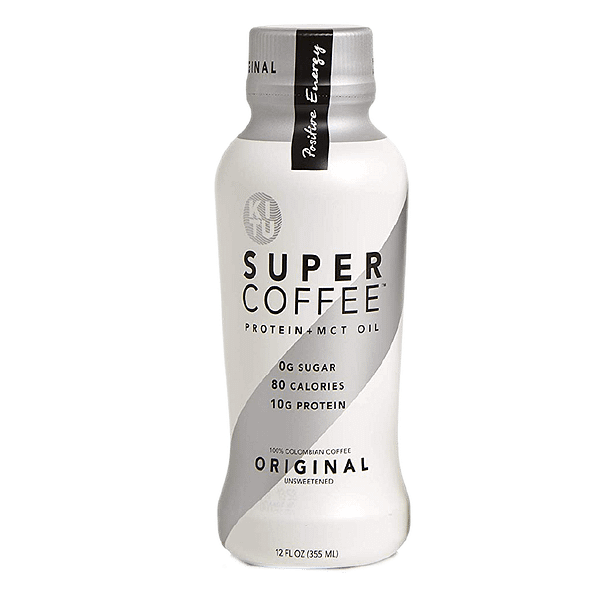

It’s only partially absorbed and digested by the intestinal tract, but due to that is a no if you are fasting for gut rest.Will it break your fast: Tea | Coffee | Bulletproof coffee | Milk | Stevia | Lemon water | Diet Soda | Cinnamon | Salt | Alcohol | Supplements | BCAA | protein Powder It is almost calorie-free at roughly 0.24 calories per gram. What is erythritol? Erythritol forms naturally in small quantities in some foods like dried fruit. But who says you can’t use Maple Syrup in your coffee?! Wholesome Yum Keto Maple Syrup – Sugar-Free Pancake Syrup With Monk Fruit & Allulose – So this is a blend and I know it’s maple syrup.It is derived using a natural fermentation process from different plants. Wholesome Yum Besti Keto Powdered Allulose Sweetener, Non-GMO – This is a pure allulose sweetener that dissolves great, and does not contain trace amounts of corn.For autophagy and longevity, it is probably okay as it does not contain any amino acids (protein) and is a very low-calorie sweetener. It probably breaks gut rest fast as the body does metabolize it. It’s important to know that there is a lot of research highlighting the negative health impacts of many artificial sweeteners. The artificial sweeteners listed below are all FDA-approved and are common lab-derived food additives found in many diet foods. Starting with the most common artificial sweeteners first. So now let’s address all of these to see if artificial sweeteners break a fast. While they provide some energy, it’s at a minimal amount and therefore they may be considered non-nutritive. Common non-nutritive sugar alternatives include saccharine (found in Sweet N’ Low), acesulfame potassium (Sunett, Sweet One, Sweet ‘N Safe), aspartame (Equal, NutraSweet), sucralose (Splenda), luo han guo fruit extract (monk fruit), stevioside (Stevia in the Raw, Truvia, Stevia), allulose, and erythritol (sugar alcohol).Īllulose and erythritol deserve a separate mention on here. They are generally much sweeter than sucrose (table sugar). The food industry uses these heavily to make a range of diet products. Non-nutritive sugar alternatives, on the other hand, are those that contain little to no calories.

That’s why if you consume large quantities of sugar alcohols, you could end up adding a lot of calories to your diet and suffer bloating, gas, and other intestinal upset (though your body should get used to it over time). They do contain carbohydrates, but the body does not fully absorb and metabolize sugar alcohols.

Many foods labeled as “sugar-free” or “no sugar added” actually contain sugar alcohols. Most sugar alcohols provide about 2 calories per gram consumed (regular sugar is 4 calories per gram). They may be naturally-occurring or chemically-derived. Sugar alcohols are a slightly different beast. However, this category also includes most sugar alcohols like xylitol, sorbitol, maltitol, and mannitol. These do not fit into any type of fasting. I will not cover them here as ultimately your body will process them as plain sugar. Nutritive sweeteners obviously include table sugar, honey, maple syrup, coconut sugar, agave. Nutritive sugars and sugar alternatives are those that provide a significant amount of energy in the form of calories when eaten.


 0 kommentar(er)
0 kommentar(er)
